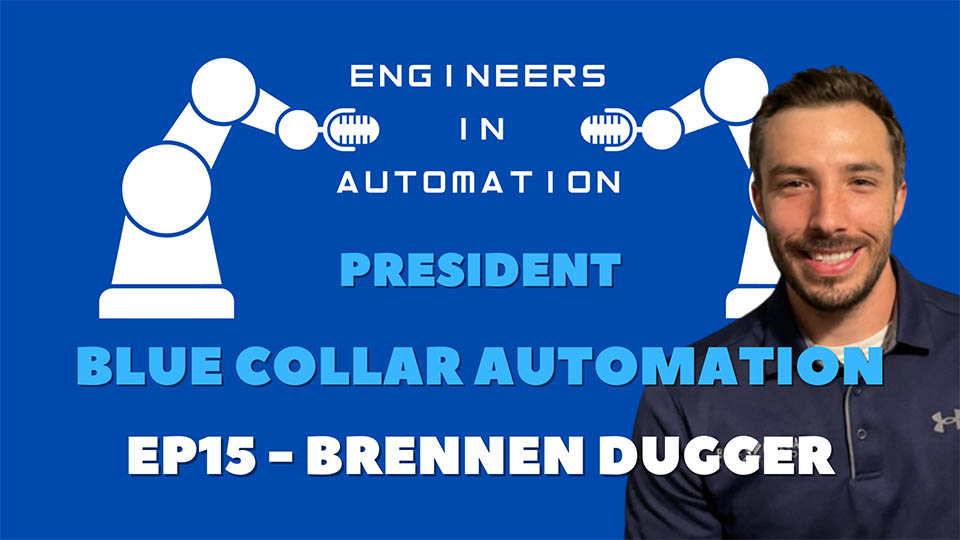Can Robots Smell
Keegan Dillon • January 23, 2023
Bio-Hybrid Odor Robot
It is true that robots can smell! Scientists out of Tel Aviv University
have developed a biological sensor that will send electrical information in response to the presence of odor. The robot can then detect and interpret the sensory data.
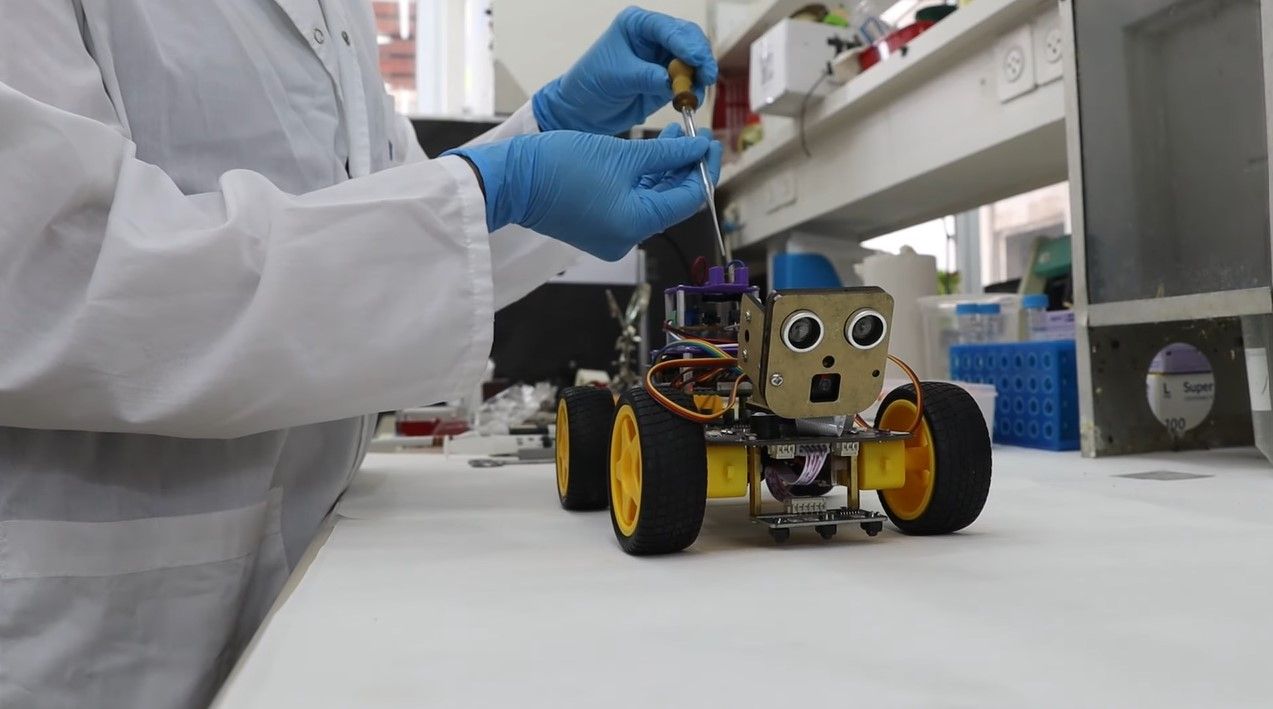
Photo courtesy of: YouTube screen grab/Tel Aviv University
What is a locust antenna?
Israeli scientists recently created a robot capable of sensing smell stronger than any other robotic device ever built by wiring it with a locust-type antenna. The scientists got the idea from insects that use their antennae for many functions, including smell. Comparing a standard measuring device to the sensitivity of a locust nose, a locust has about 10,000 times higher sensitivity than any current measuring system.
The locust antenna has such a powerful sensor that scientists from Tel Aviv University believe it could replace police dogs. This robot-locus combination could alert authorities of explosives, diseases, and drugs.
Tel Aviv University is a world leader in part-animal part-machine technology, which Dr. Ben Maoz leads. The robot he and his colleagues created receives signals from its environment through a locust antenna they developed. During their studies, they found a way to keep the locust antenna artificially alive to develop a method to communicate the signals received from the antenna and get transmitted back to the robot.
How does a biological locust antenna work?
The experiment is now published at Science Direct, which states that they connected a biological sensor and let it smell different odors. The scientist measured the electrical activity induced by each fragrance they tested. The system allows scientists to identify each scent separately while being able to read at the same level as the locusts’ primary sensory organ.
The next step is to use machine learning to create a “library of smells.” The scientist at Tel Aviv University were then able to characterize eight unique odors during their trials and could identify if any of those distinct odors were present in the area. After the experiment, they continued to categorize other odors for future trials.
The biological locust antenna study.
In this study, they created a bio-hybrid odor discriminator operating with a desert locust’s central olfactory apparatus (antennae). This bio-hybrid was designed with simple artificial intelligence tools and electroantennogram technology for signal analysis. The discriminator can differentiate between at least eight pure smells and two mixtures of different odors, independent of any odor concentration.
With higher sensitivity of a magnitude of four orders than gas chromatography–mass spectrometry, the system can detect the scent of less than 1 ng of the volatile compounds. Compared to other bio-hybrid sensors currently available today, it could be operated by an unskilled person. This study opens the future for animal-machine robotic sensing tools that can be broadly deployed for many tasks.
Read the original research biological sensor study here: The Locust antenna as an odor discriminator.
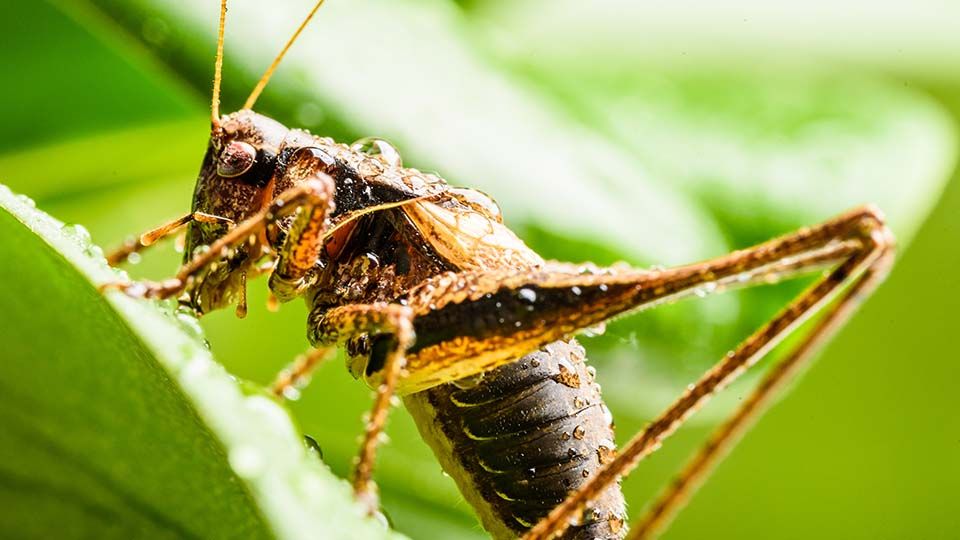
Dr. Maoz thinks this research will lead the technological advances of smell detection in three major categories:
- The innovation of biological noses with sensors as prosthetic devices.
- He believes police could use the locus antenna sensor to detect illegal substances they have “smelled.”
- He thinks that doctors could use them to detect odor signals that are undetectable by humans, which would help identify specific diseases.
Dr. Maoz has always been interested in how humans could harness animals’ biological sense of smell. He notes that we already do this with dogs but didn’t want to rely on an actual animal because of maintenance, training, feeding, medical, and other forms of attention required.
According to The Times of Israel, Dr. Maoz stated, “I hope this could one day replace sniffer dogs at airports and provide many other possibilities. A biological nose is more sensitive than any technologies designed to smell. So, this could be used in new machines that use smell to identify explosives, drugs, diseases, rotten food, and many other things that can be detected by odor.”
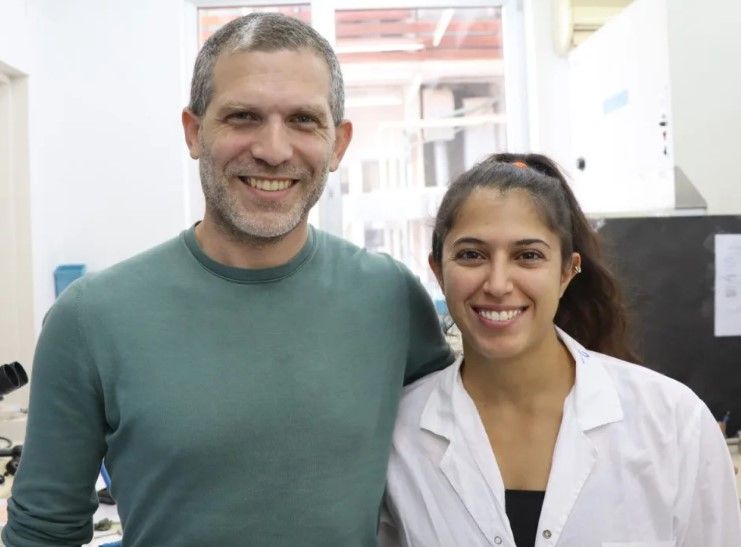
Photo courtesy of: YouTube screen grab/Tel Aviv University
Will insects play a significant part in the evolution of electronics and robotics moving into the future? Dr. Maoz is convinced that insects will help this process move forward. He’s also thinking about more prominent in the part-animal part-machine technology sector, where he thinks using insect eyes as high-resolution cameras could be the next step. “Nature is much more advanced than we are, so we should use it,” Dr. Maoz said in The Times of Israel. “The principle we have demonstrated can be used and applied to other senses, such as sight and touch. The sky is the limit.”
Sources: Neuroscience News, The Times of Israel, Tel Aviv University.
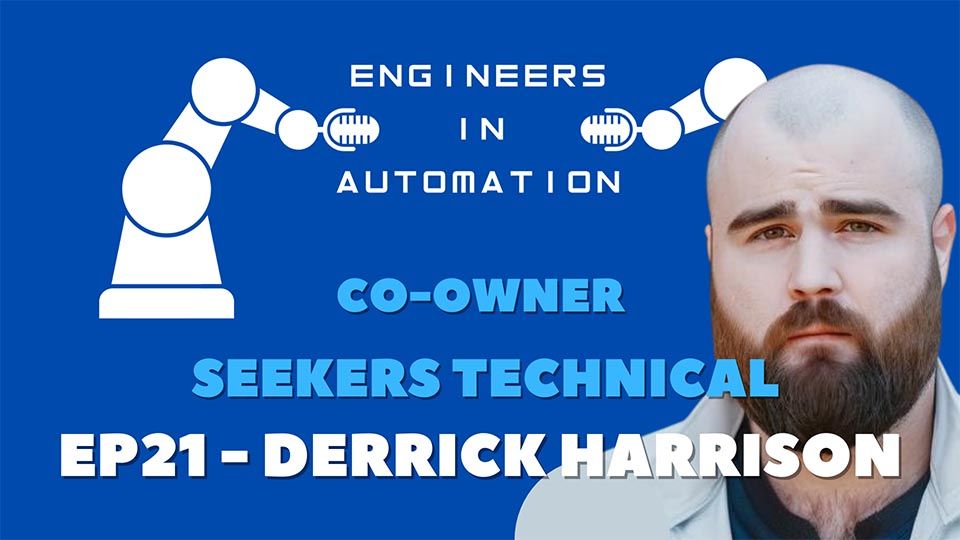
In this episode, we talk with Derrick Harrison, the co-owner of Seekers Technical. We talk about what makes his company unique compared to other staffing and recruiting firms. We discuss the onboarding process for clients and employees. We also discuss some of the lessons learned and mistakes he’s made as a new small business owner
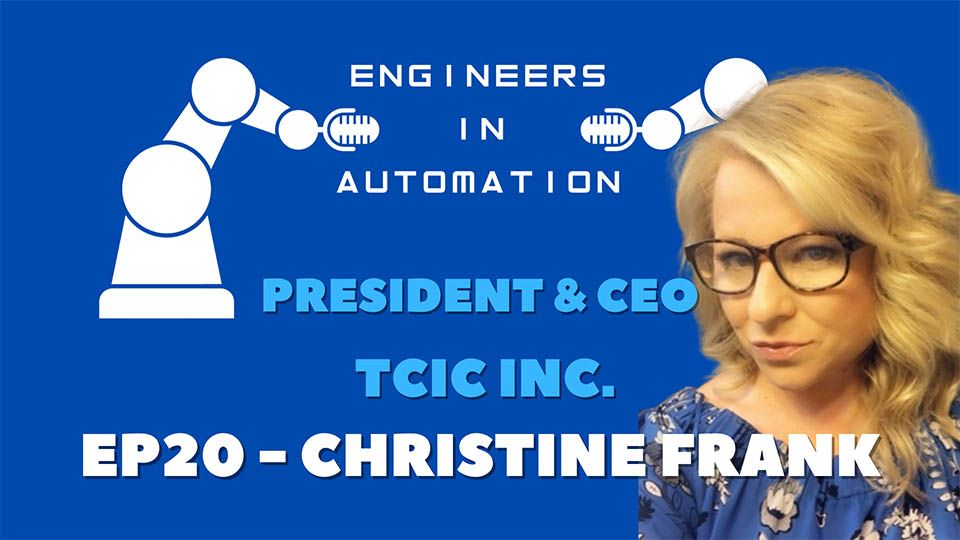
In this episode, we talk with the President and CEO of TCIC Inc., Christine Frank. We have in-depth conversations about how to buy a business. We talk about the struggles that occur when new management takes over and how to keep employees happy. We discuss why she chose to purchase instead of going back to work for someone else, and we talk about the biggest challenges she’s faced as a business owner.
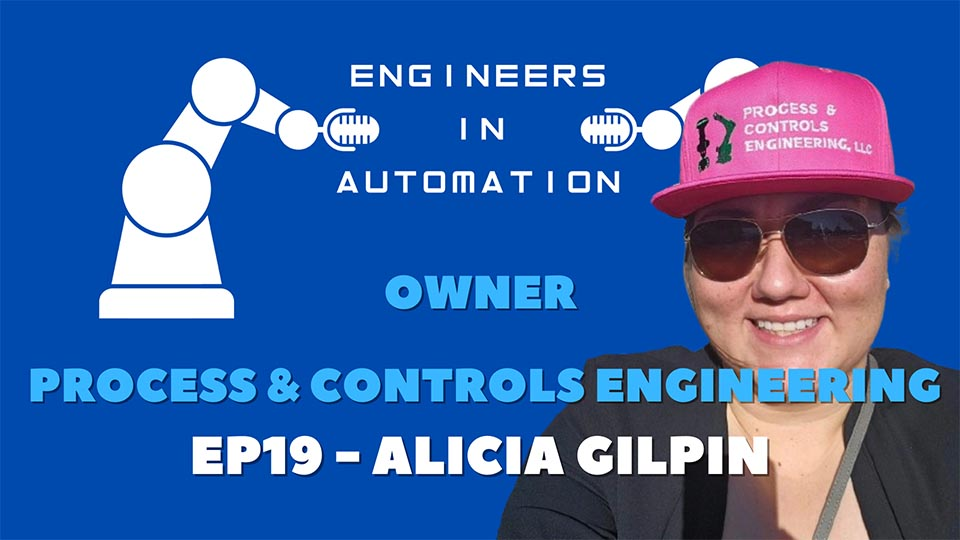
In this episode, we talk with Alicia Gilpin (Ali G), the owner of Process & Controls Engineering LLC. We discuss how she started her career in automation, coming from a chemical engineering background. She discusses why she decided to start her company and how she plans to continue to build it. We also discuss her automation podcast and her way to get more kids involved with automation, through her non-profit organization.
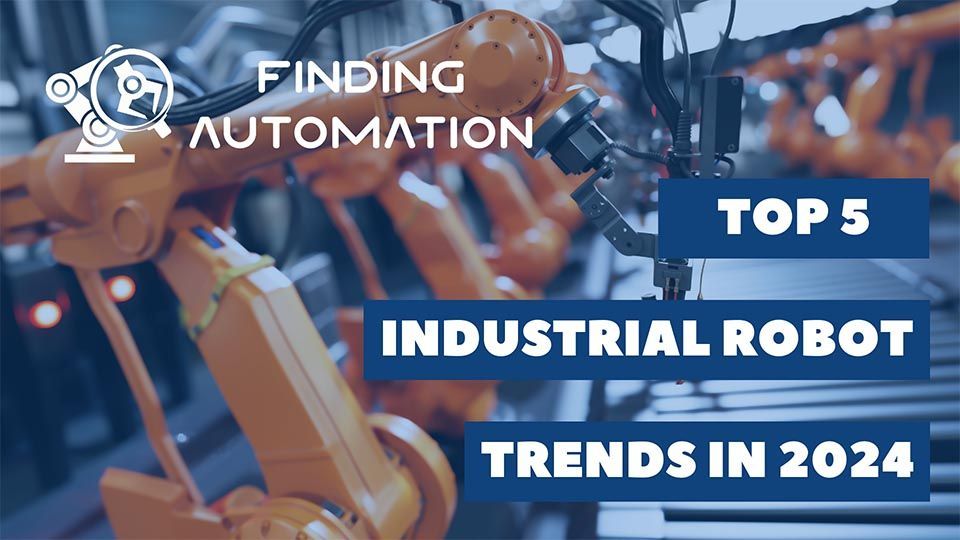
Top 5 Industrial Robot Trends In 2024 Robots are becoming more sophisticated and skilled as robotic technology advances at an extraordinary rate. From industrial manufacturing to food and beverage and pharmaceutical, robots are being used in numerous industries to automate what were once manual tasks by improving inefficient production lines and enhancing overall productivity. With the year 2024 upon us, it's worth looking at the top five industrial robot trends that we can expect to see in the coming year.
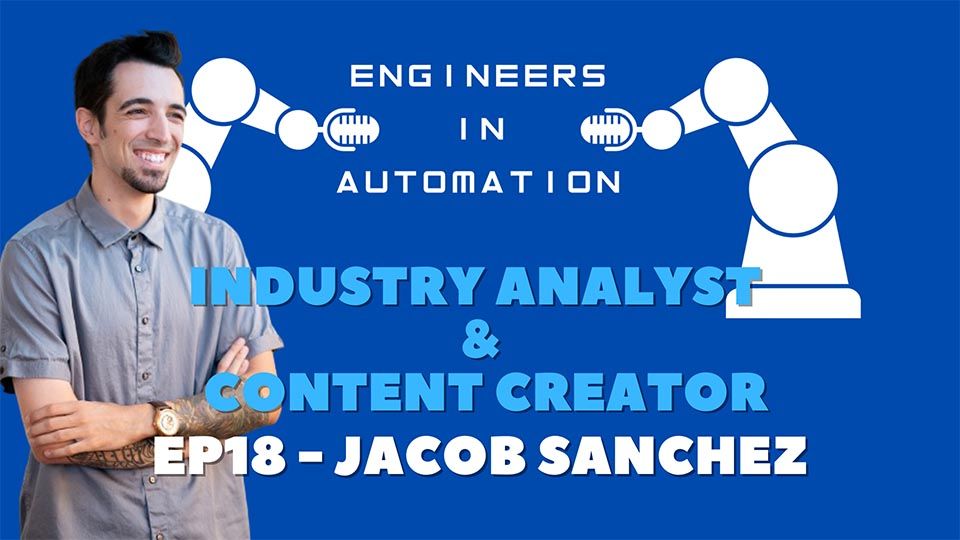
In this episode, we discuss with Jacob Sanchez how he got his start in the automation industry. We discuss why he thinks his social media following has grown so large and how to build your unique following. He also talks about becoming more comfortable in front of a camera and gives a few tips on public speaking. We also discuss his future plans for helping the younger generation get involved with manufacturing and automation
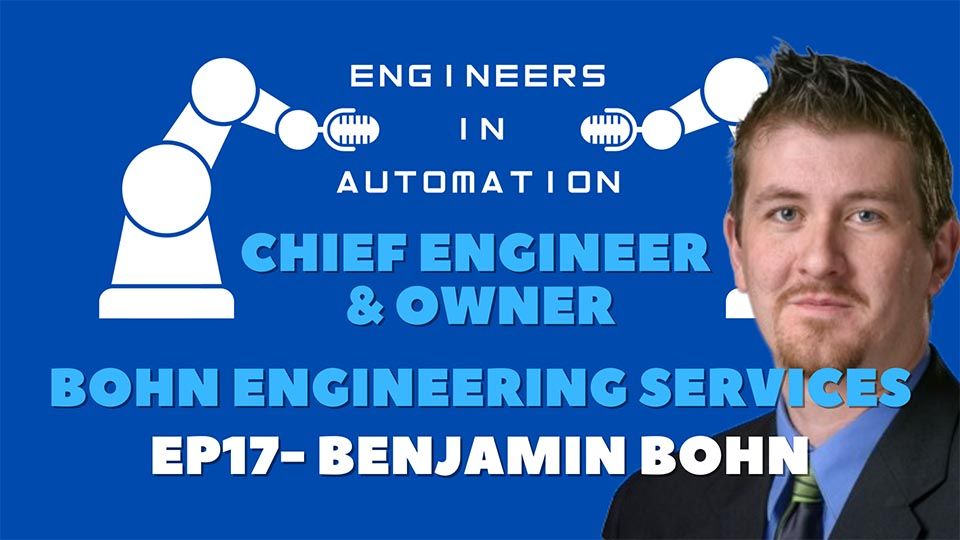
In this episode, we talk with Benjamin Bohn, Chief Engineer and Owner of Bohn Engineering Services. We discuss how he built his side gig, into a full-time engineering service business. We also talk about what he likes about being a business owner and some advantages he gets to enjoy during his free time as the owner of a company. We also talk about building his social media presence through memes.
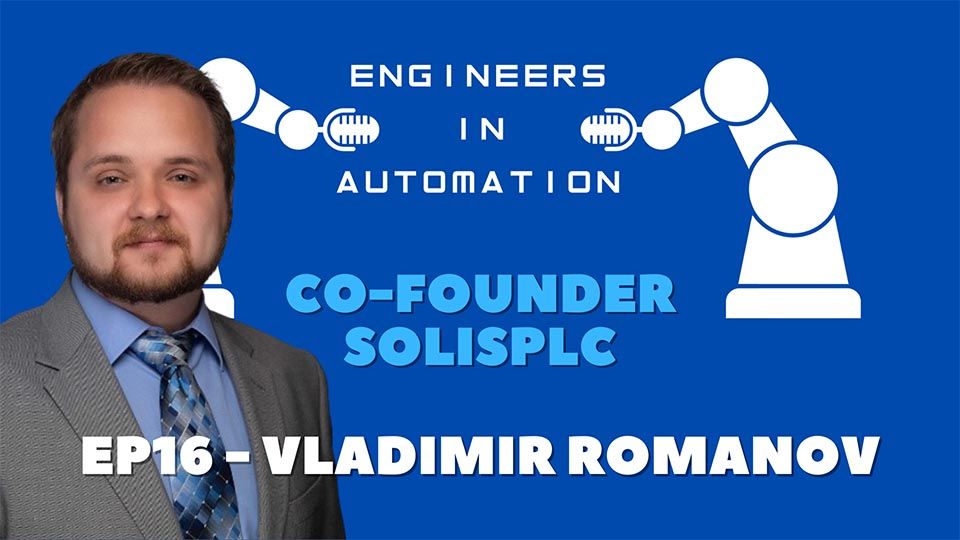
In this episode, we talk with Vladimir Romanov, the Co-Founder of SolisPLC. We discuss how running a blog and creating helpful YouTube videos then became an online PLC training company. We talk about the different types of online training programs offered and what he likes about being the owner of his own company. We also discussed how the current economic burdens affect companies' training budgets.
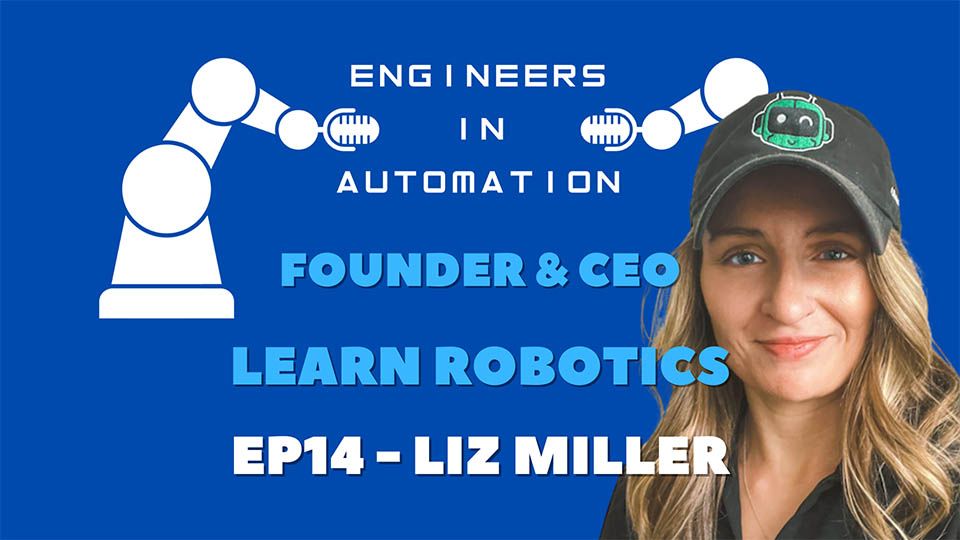
In this episode, we talk with Liz Miller, the founder and CEO of Learn Robotics. We discuss how she got into automation and robotics and how she has grown her automation coaching platform. We also discuss the coaching paths her course allows the clients to pursue to improve their automation careers and how to prepare to land their dream automation job. We also talk about the future of the robot and automation industry.
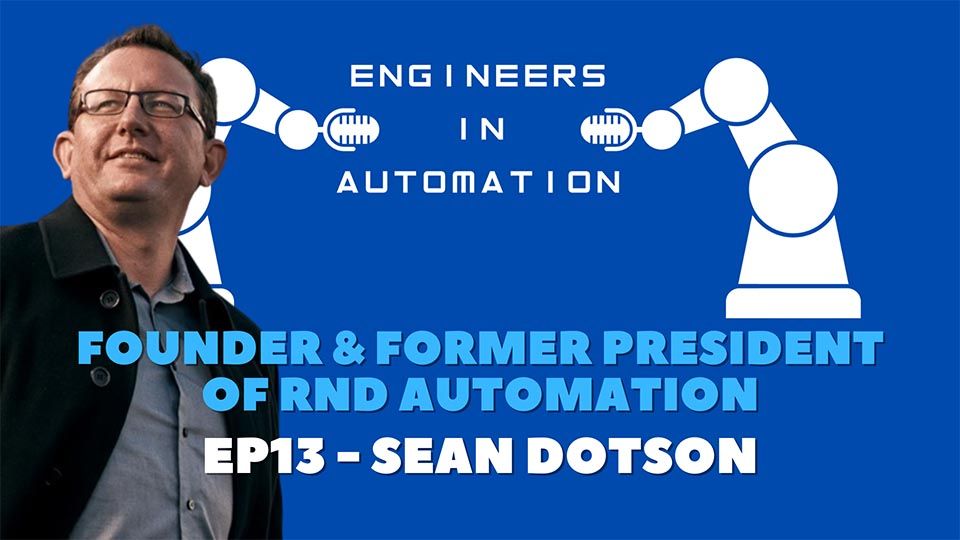
In this episode, we talk with Sean Dotson, the founder and former president of RND Automation. We discuss the automation industry in Florida and what lead him to start an automation company in his home state. We also discussed his likes and dislikes in the industry and what advice he would give someone interested in the automation industry.

